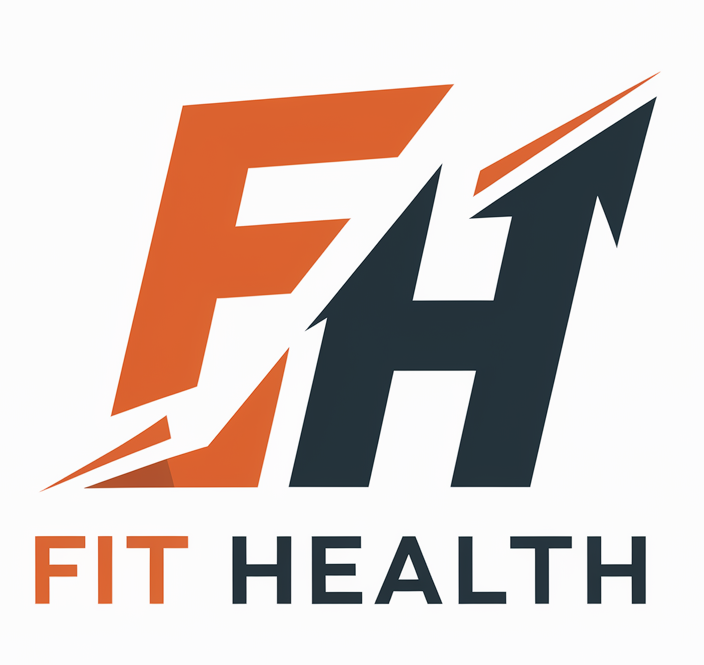Domain and Hosting

Domain and Hosting
The Importance of Choosing the Right Domain Name for Your Website
When it comes to creating a website, one of the most important decisions you’ll have to make is choosing the right domain name. Your domain name is essentially your online identity, so it’s crucial to pick one that not only reflects your brand but is also easy to remember and type.
First and foremost, your domain name should be relevant to your business or the content of your website. This will help visitors understand what your site is about before they even click on it. For example, if you’re a bakery, having a domain name like “bestcakes.com” would make it clear to users that your site is all about delicious baked goods.
In addition to being relevant, your domain name should also be easy to spell and remember. Avoid using complex or hard-to-pronounce words, as this can make it difficult for users to find your site. Keep it simple and straightforward so that people can easily type it into their browser without any issues.
Another important factor to consider when choosing a domain name is its length. Shorter domain names are generally easier to remember and type, so try to keep yours as concise as possible. Aim for around 10-15 characters if you can, as anything longer than that can be cumbersome and harder for users to recall.
It’s also a good idea to avoid using numbers or hyphens in your domain name, as these can be confusing and make it harder for people to remember. Stick to letters only to ensure that your domain name is as user-friendly as possible.
When it comes to choosing a domain extension, such as .com, .net, or .org, it’s generally best to go with .com if possible. This is the most widely recognized and trusted domain extension, so having a .com domain can lend credibility to your site. However, if your preferred domain name is already taken with a .com extension, don’t be afraid to consider other options like .net or .org.
Once you’ve settled on the perfect domain name for your website, the next step is to find a reliable hosting provider. Your hosting provider is essentially the company that stores your website’s files and makes them accessible to users online.
When choosing a hosting provider, it’s important to consider factors like uptime, speed, security, and customer support. You want a hosting provider that can ensure your site is always up and running smoothly, with minimal downtime. Speed is also crucial, as slow-loading websites can turn users away and hurt your search engine rankings.
Security is another key consideration when choosing a hosting provider. You want to make sure that your site is protected from hackers and other online threats, so look for a hosting provider that offers robust security features like SSL certificates and regular backups.
Finally, customer support is essential in case you run into any issues with your website. Choose a hosting provider that offers 24/7 support via phone, email, or live chat so that you can get help whenever you need it.
In conclusion, choosing the right domain name and hosting provider is crucial for the success of your website. Take the time to research and consider your options carefully to ensure that your site is user-friendly, secure, and reliable. With the right domain name and hosting provider, you’ll be well on your way to creating a successful online presence.
How to Select the Best Hosting Provider for Your Website
So you’ve decided to create a website for your business or personal use – that’s great! But now comes the tricky part: selecting the best hosting provider for your website. With so many options out there, it can be overwhelming to choose the right one. But fear not, I’m here to help guide you through the process.
First things first, let’s talk about what hosting actually is. Hosting is essentially the service that allows your website to be accessible on the internet. Think of it as renting space on a server where your website’s files are stored. Without hosting, your website wouldn’t be able to be viewed by anyone online.
When it comes to selecting a hosting provider, there are a few key factors to consider. One of the most important things to look for is reliability. You want a hosting provider that has a good track record of uptime – meaning your website is always accessible to visitors. Downtime can be detrimental to your website’s success, so it’s crucial to choose a provider that can guarantee a high level of uptime.
Another important factor to consider is speed. A slow-loading website can turn visitors away in an instant. Look for a hosting provider that offers fast servers and solid-state drives (SSDs) to ensure your website loads quickly and efficiently.
Security is also a top priority when selecting a hosting provider. You want to make sure your website is protected from hackers and malware. Look for a provider that offers SSL certificates, firewalls, and regular security updates to keep your website safe and secure.
Customer support is another key factor to consider. You want a hosting provider that offers 24/7 support in case you run into any issues with your website. Whether it’s a technical glitch or a question about your hosting plan, having reliable customer support can make all the difference.
Now that we’ve covered the key factors to consider when selecting a hosting provider, let’s talk about some tips for finding the best one for your website. One of the best ways to narrow down your options is to read reviews from other users. Look for hosting providers with positive reviews and a good reputation in the industry.
It’s also important to consider your budget when selecting a hosting provider. While it’s tempting to go for the cheapest option, keep in mind that you get what you pay for. Investing in a reliable hosting provider may cost a bit more, but it can save you headaches in the long run.
Lastly, consider the scalability of the hosting provider. As your website grows, you may need to upgrade your hosting plan to accommodate increased traffic and storage needs. Look for a provider that offers flexible plans that can grow with your website.
In conclusion, selecting the best hosting provider for your website is a crucial decision that can impact the success of your online presence. By considering factors such as reliability, speed, security, customer support, and scalability, you can find a hosting provider that meets your needs and helps your website thrive. So do your research, read reviews, and choose wisely – your website will thank you for it.
Tips for Securing Your Domain and Hosting to Prevent Cyber Attacks
So you’ve finally decided to take the plunge and create your own website. Congratulations! But before you dive headfirst into the world of web design and content creation, there are a few important things you need to consider. One of the most crucial aspects of setting up a website is securing your domain and hosting to prevent cyber attacks.
First things first, let’s talk about domains. Your domain is essentially your website’s address on the internet. It’s what people type into their browsers to access your site. Choosing the right domain name is important, but so is securing it properly. One of the first things you should do is register your domain with a reputable registrar. Make sure to choose a strong password and enable two-factor authentication to add an extra layer of security.
Once you’ve secured your domain, it’s time to think about hosting. Web hosting is essentially where your website’s files are stored and accessed by visitors. Just like with domains, it’s important to choose a reliable hosting provider that offers strong security measures. Look for providers that offer SSL certificates, regular backups, and malware scanning to protect your website from cyber attacks.
When it comes to securing your hosting, there are a few key things to keep in mind. First and foremost, make sure to keep your software up to date. This includes your content management system (CMS), plugins, and any other software you use on your website. Outdated software is a common target for hackers, so staying on top of updates is crucial.
Another important aspect of securing your hosting is setting up strong passwords. Avoid using easily guessable passwords like “password123” or “123456.” Instead, opt for long, complex passwords that include a mix of letters, numbers, and special characters. Consider using a password manager to generate and store secure passwords for all your accounts.
In addition to strong passwords, consider implementing additional security measures like firewalls and intrusion detection systems. These tools can help monitor and block suspicious activity on your website, keeping hackers at bay. Regularly monitoring your website for unusual activity can also help you catch potential security threats before they escalate.
Finally, don’t forget to back up your website regularly. In the event of a cyber attack or data breach, having a recent backup of your website can be a lifesaver. Make sure to store your backups in a secure location, separate from your hosting server, to prevent them from being compromised in the event of an attack.
Securing your domain and hosting is an essential step in protecting your website from cyber attacks. By choosing reputable providers, keeping your software up to date, using strong passwords, and implementing additional security measures, you can significantly reduce the risk of your website falling victim to hackers. Remember, an ounce of prevention is worth a pound of cure when it comes to cybersecurity. So take the time to secure your domain and hosting properly, and you’ll be well on your way to a safe and successful website.





